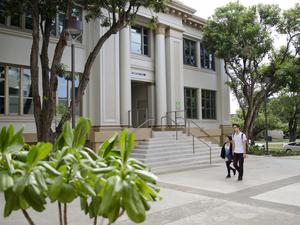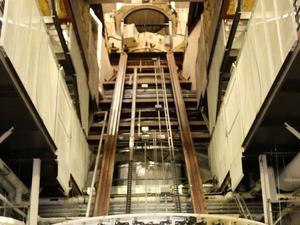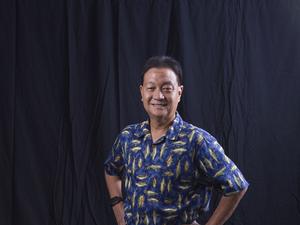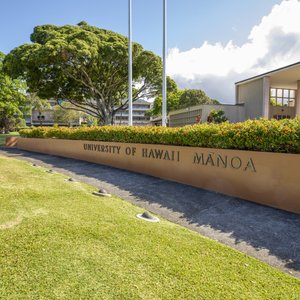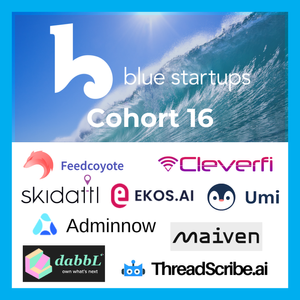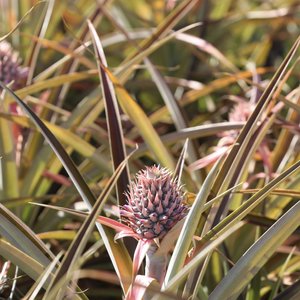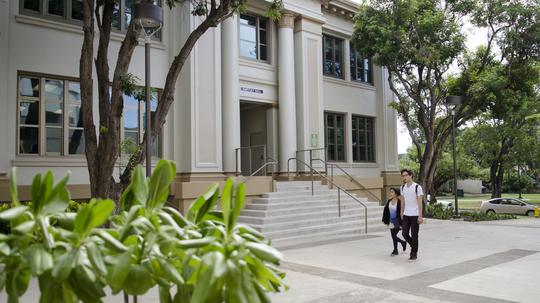
The University of Hawaii has been awarded $1 million from the National Science Foundation, funding that university officials say will help turn innovative research into public-impact solutions.
UH announced earlier this month that it has been selected as a member of NSF’s Innovation Corps, an entrepreneurial training program that helps scientists and engineers bring research projects to market. UH joins a newly formed hub within the Innovation Corps program — the Desert and Pacific region NSF I-Corps Hub — that’s comprised of seven other universities, including Arizona State University; University of Arizona; Northern Arizona University; University of California, San Diego; Boise State University; University of Idaho; and University of Nevada, Las Vegas.
“Becoming an NSF I-Corps Hub creates a major opportunity for UH and Hawaii to elevate, grow and diversify the state’s innovation ecosystem and economy,” said Vassilis L. Syrmos, UH vice president for research and innovation, in a statement. “This partnership is perfectly aligned with our strategic initiative to drive economic diversification and development across the state through research, innovation, entrepreneurship and technology.”
The local Innovation Corps is spearheaded by UH’s Office of Innovation and Commercialization. Syrmos is leading the team, alongside Debasis Bhattacharya, an associate professor at UH Maui College’s Applied Business and Information Technology program; Bardia Konh, assistant professor at the UH Manoa College of Engineering; Steve Auerbach, OIC interim director; and Rebecca Chung, OIC technology licensing officer and innovation programs manager.
The Innovation Corps program launched in 2011, with the goal of supporting the commercialization of technologies. In a separate statement, NSF said the hubs “work collaboratively to build and sustain a diverse and inclusive innovation ecosystem throughout the U.S.”
Among other duties, each hub is responsible for creating and implementing tools, resources and training to enhance innovation capacity; identifying and supporting research with market potential; and sharing and leveraging effective innovation practices.
In an email to PBN, OIC said that the office “is monitoring a number of innovations that have been developed in UH research laboratories and show good commercialization potential.”
“We will be launching the local NSF I-Corps program next year and seeking up to 15 teams of scientists and engineers with novel, science-based innovations or technologies to help them identify and assess market potential,” an OIC spokesperson said. “Recent participants of the regional and national NSF I-Corps include Nimbus AI and Hawaii Innovation Lab, who are currently participating in our HITIDE [Hawaii Technology Innovation Development Ecosystem] innovation incubator, are just a few examples of the types of innovative technologies that are in the pipeline at UH.”
